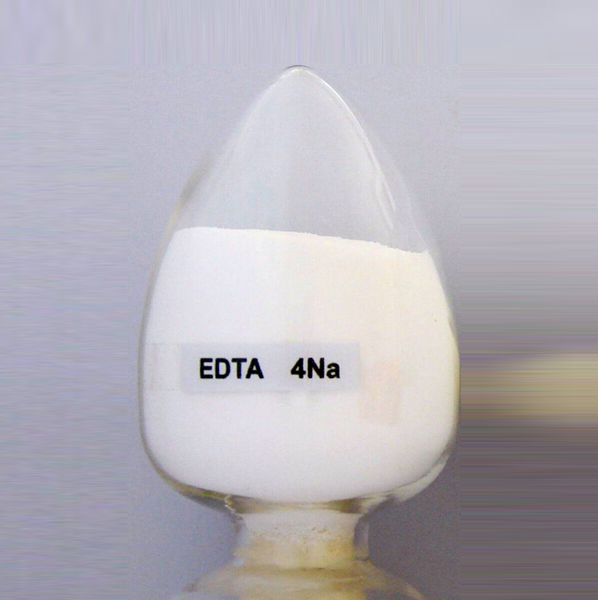
News
Aug . 12, 2024 15:02 Back to list
Essential Micronutrients for Optimal Growth and Health of Coffee Plant Cultivation and Production
Micronutrients for Coffee Plants A Comprehensive Overview for Manufacturers
Coffee is one of the most important globally traded commodities, and the demand for high-quality coffee continues to rise among consumers. To produce premium coffee beans, it's crucial not only to consider macronutrients but also to focus on the critical role of micronutrients in coffee plant health. For manufacturers involved in the production and distribution of fertilizers and soil amendments, understanding the significance of micronutrients in coffee cultivation is vital for delivering effective products that meet the needs of coffee growers.
Micronutrients are essential elements that plants require in small quantities. Although they are needed in minute amounts, their impact on plant health and productivity is profound. In coffee cultivation, key micronutrients include iron (Fe), manganese (Mn), zinc (Zn), copper (Cu), boron (B), and molybdenum (Mo). Each of these micronutrients plays a unique role in the growth and development of coffee plants.
Iron (Fe) is pivotal for chlorophyll synthesis and plays a significant role in photosynthesis. A deficiency in iron can lead to chlorosis, characterized by yellowing leaves and stunted growth. This not only reduces the yield but also affects the quality of the coffee beans. Therefore, ensuring an adequate supply of iron is critical for maintaining healthy coffee plants and optimizing yield potential.
Manganese (Mn) contributes to the photosynthetic process and is essential for plant metabolism. It helps in the formation of chloroplasts and serves as a co-factor for various enzymes involved in photosynthesis and respiration. A deficiency in manganese can hinder growth and lead to reduced bean quality, underscoring the need for balanced micronutrient management.
Zinc (Zn) is vital for enzyme function and is involved in carbohydrate metabolism and the synthesis of proteins. Zinc deficiency can result in poor seed development, reduced bean quality, and incomplete pollination. Manufacturers should focus on providing zinc sources that are easily accessible to coffee plants to maximize yield and quality.
micronutrients for coffee plants manufacturer

Copper (Cu), although required in smaller quantities, plays a crucial role in photosynthesis and has a part in the synthesis of lignin, which strengthens plant cell walls. A deficiency may lead to weakened plants and increased susceptibility to diseases. Thus, it is crucial for manufacturers to ensure that their products contain bioavailable copper to enhance plant resilience.
Boron (B) is necessary for cell wall formation and helps with reproductive growth, making it particularly important during flowering and fruiting stages. A deficiency in boron can result in poor fruit set and lower yields, making it an important micronutrient to monitor closely.
Molybdenum (Mo), while lesser-known, is essential for nitrogen fixation and amino acid synthesis. It assists in converting nitrate into ammonium, a process vital for plant growth. Lack of molybdenum can cause stunted growth and poor nitrogen utilization.
For coffee plant manufacturers, understanding the interplay between these micronutrients is essential. Soil testing provides valuable insights into nutrient availability and guides the formulation of tailored fertilizer products. Additionally, integrating micronutrient applications with organic farming practices can enhance soil health and improve nutrient uptake, offering a holistic approach to coffee cultivation.
In conclusion, micronutrients are paramount in ensuring the health and productivity of coffee plants. Manufacturers have the responsibility to develop fertilizers that not only focus on macronutrients but also provide an adequate supply of essential micronutrients. By doing so, they can empower coffee growers to produce high-quality beans and contribute to the sustainability of the coffee industry. Navigating the complexities of micronutrient management in coffee agriculture will undoubtedly lead to more robust plants, higher yields, and ultimately, a better cup of coffee.
-
Polyaspartic Acid Salts in Agricultural Fertilizers: A Sustainable Solution
NewsJul.21,2025
-
OEM Chelating Agent Preservative Supplier & Manufacturer High-Quality Customized Solutions
NewsJul.08,2025
-
OEM Potassium Chelating Agent Manufacturer - Custom Potassium Oxalate & Citrate Solutions
NewsJul.08,2025
-
OEM Pentasodium DTPA Chelating Agent Supplier & Manufacturer High Purity & Cost-Effective Solutions
NewsJul.08,2025
-
High-Efficiency Chelated Trace Elements Fertilizer Bulk Supplier & Manufacturer Quotes
NewsJul.07,2025
-
High Quality K Formation for a Chelating Agent – Reliable Manufacturer & Supplier
NewsJul.07,2025
